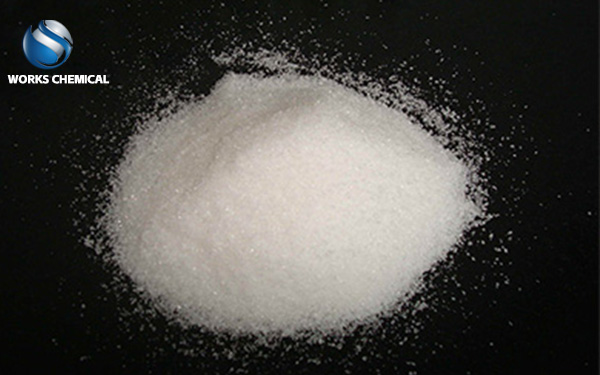
Sludge dehydrating agents to reduce the moisture content of sludge are mainly the following:

A, inorganic polymer
Polyaluminum chloride (PAC) :
Characteristics: PAC is an inorganic polymer with a wide range of coagulation effects, which can gather suspended particles in sewage through adsorption and condensation to form a larger flocculent, so that it is easy to settle and separate.
Advantages: relatively low price, widely used.
Disadvantages: large usage, requiring a higher dosage.
Polyferric sulfate (PFS) :
Characteristics: PFS is an efficient and low-cost sludge dehydrating agent, which also has a wide range of coagulant effects, and can effectively collect and settle suspended particles.
Advantages: The amount of use is relatively small, the dehydration performance is good, and the dehydration rate can reach more than 90%.
Disadvantages: May cause corrosion to the equipment.
Iron chloride:
Properties: Ferric chloride is also a commonly used inorganic sludge dehydrating agent, with strong oxidation and flocculation, which can effectively remove water in the sludge.
Advantages: dehydration effect is significant.
Disadvantages: The specific use effect may be affected by the nature of the sludge, and may have a certain impact on the environment.
Two, organic polymer
Acrylamide (PAM) :
Properties: PAM is a water-soluble polymer with excellent flocculation and condensation properties. It can react with suspended particles in sewage through hydrogen bonding, so that it can gather together to form a larger flocculent, so that it is easy to settle and separate.
Advantages: efficient, fast, safe, non-toxic.
Disadvantages: The price is relatively high.
Classification: According to ionic properties, PAM can be divided into anionic, cationic and non-ionic types. Different types of PAM are suitable for different sludge treatment scenarios.
PVA:
Properties: PVA is a kind of hydrophilic polymer, which can form chemical bonds with some substances in water, and has good water absorption, excellent adsorption and swelling.
Advantages: It can reduce the sludge dewatering resistance, improve the flocculation effect, and reduce the treatment cost.
Disadvantages: insoluble in water and organic solvents, the use may be limited.
Three other types
Bioenzyme preparation:
Characteristics: Biological enzyme preparation is a new type of sludge dehydrating agent, which can achieve dehydration effect by enzyme decomposition of organic matter in sludge.
Advantages: high efficiency, environmental protection, safety.
Disadvantages: The price is relatively high.
Alum, lime, ferrous sulfate, etc.
These substances can also play a certain role in sludge dewatering under specific conditions, but usually not the main sludge dewatering agent, but as an auxiliary agent or conditioner.
In summary, there are many kinds of sludge dewatering agents to reduce the moisture content of sludge, and each has advantages and disadvantages. In the selection, should be based on the nature of the sludge, the needs of the treatment process and economic costs and other factors considered.